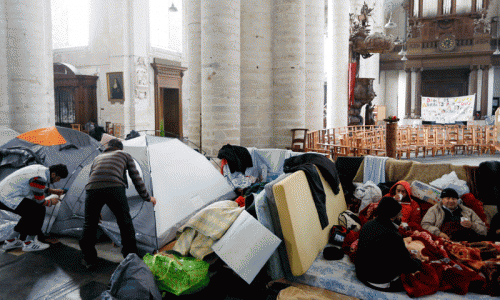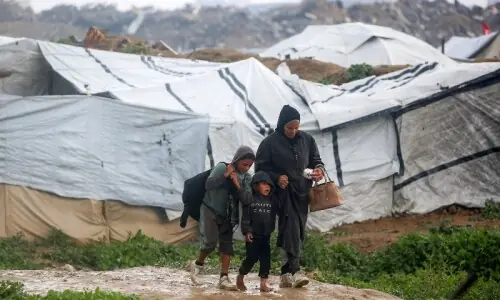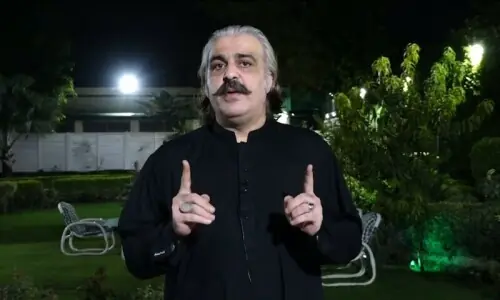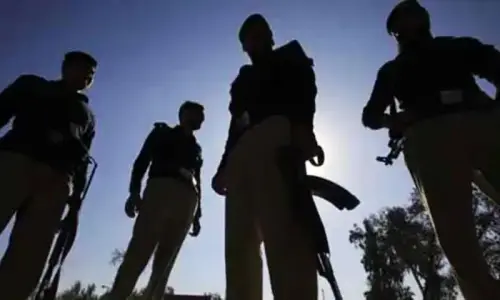QUETTA: More than 900 Afghan refugees in Balochistan approached United Nations High Commissioner for Refugees (UNHCR) to seek asylum abroad during the year 2013, an official said on Thursday.
Worsening law and order situation has forced the Afghan refugees living in Balochistan for last more than three decades to seek asylum abroad, Najeebullah Tareen, a spokesman of UNHCR said.
He said a total of 288 individuals were interviewed in Quetta for resettlement abroad. The UNHCR's sub office in Quetta established a new facility for the resettlement (abroad) of Afghan refugees whose lives are at peril both in Pakistan and Afghanistan.
“Australia being a lead country in resettlement of vulnerable Afghan refugees so far,” Tareen said.
Amid fear of targeted killings and bomb explosions, most of members of the ethnic Shia Hazara community have been striving to get resettled in Australia and other countries.
The newly established facility is meant for carrying out elaborate scrutiny of cases referred to it for resettlement before their submission to the asylum offering states, Tareen explained. He said the acceptance of request would be subject of RSD (Refugees Status Determination) a thorough exercise to ascertain the eligibility of applicants.
The National Database and Registration Authority yesterday launched a countywide project for renewal of PoR cards to 1.6 million Afghan refugees living in Pakistan.
Over 260,000 refugees living in Balochistan will be required to get their cards renewed under the project.
Najeebullah Tareen informed that under the voluntary repatriation program, 10,421 Afghan refugees had gone back to their war torn country in 2013.
He said there were ten refugee camps hosting Afghan refugees since early 1980s. Millions of Afghan refugees crossed into Pakistan in the aftermath of red revolution by Afghan President Noor Muhammad Tarakai in 1979.

































